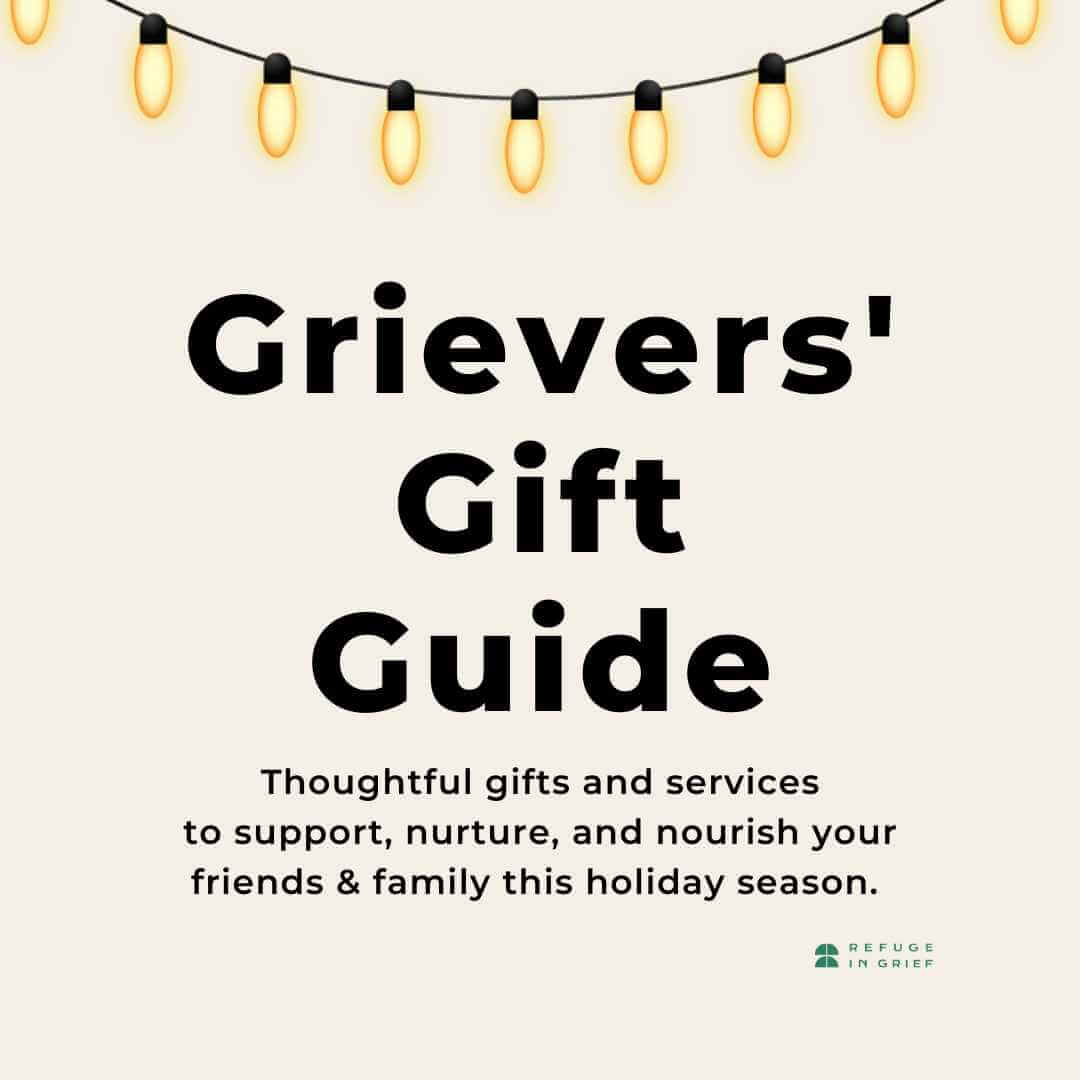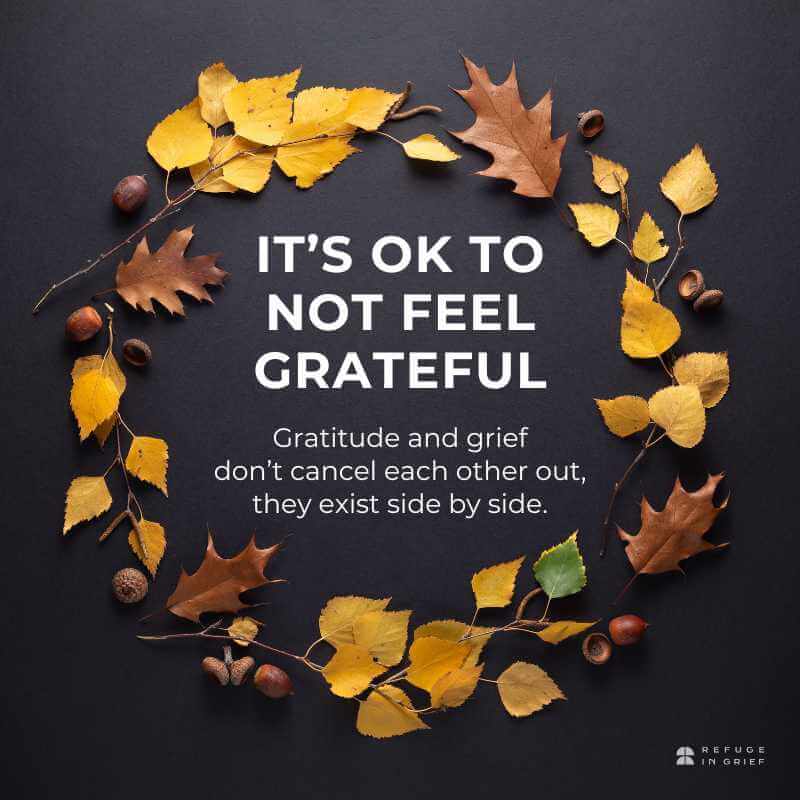But what about MY loss?
In my newsletter this week, I wrote about the different ways Mother’s Day might be a difficult day for you – if your own mother died, if your child died, if you lost your partner with whom you co-parent, lost the sibling with whom you shared a parent, if you’re mourning the loss of your own fertility, if you had a less-than-optimal relationship with your mother.
It was a pretty long list of possible ways grief might show up. Still, I heard from some folks who were upset I didn’t mention their specific mother-related loss.
The truth is, Mother’s Day is a made up holiday loaded with losses of all kinds. In addition to all the losses I mentioned, I heard from people saying Mother’s Day hurt because their husband died, and no one else cares that it’s Mother’s Day. Or their families have changed so much, the person who used to make sure this day was special is gone. Or they’re mourning the loss of their own childhood. Or the loss of the way things used to be, before their family fell apart. There’s no end to all the different forms and permutations of grief on days like this.
Most of the messages this week related to that passage from Julia Ward Howe I shared (which is a great one – read it here if you didn’t see it). But there were a few people asking why I didn’t name their loss in my mothers’ day message. This “what about me” also comes up when I mention the hierachy of grief, and almost any time I mention out of order death. What about divorce? What about strained relationships? What about the loss of self that happens in this life?
How come I don’t mention every possible loss?!?!?!?!?
Here’s the thing: I write mostly about death, especially out of order, traumatic, and accidental death. There are lots of other losses, yes. Rather than soften my language to write about “all losses” in a more generic way, I choose to stay quite specific. That means some people feel left out when they read my words. Some people even feel offended when their own particular loss isn’t named here.
As a culture, we don't really listen to loss. Grief becomes a competition for the scarce resource of love and support. There's never enough acknowledgment to go around. It's easy to feel slighted, unwelcome, and unrecognized. Click To TweetAs a culture, we don’t make space for loss. We don’t talk about grief. Not just grief related to death, but grief of any kind. That means that nearly every person is carrying a backlog of unexpressed, un-acknowledged pain. Like a dammed up river, unexpressed pain seeks – expression. Wherever it can. It’s what comes up, often yelling in outrage, when we don’t see our own losses stated and affirmed. It’s what happens when we hear someone else in pain, and we rush to say, “me too! I lost (insert person’s name) when I was young, so I know just how you feel.”
Grief becomes a competition for the scarce resource of love and support. There’s never enough acknowledgment to go around. It’s easy to feel slighted, unwelcome, and unrecognized.
It’s quite possible I will never name your loss specifically. There are simply too many losses, too many permutations of grief, for me to cover all of them. Whether your loss is named here or not, please know that you are welcome here.
When I talk about grief – when I talk about letting pain be there when pain is what is – I am talking about you. When I’m talking about finding kindness for yourself inside your pain, I am talking about you.
When I talk about our culture needing to get better at supporting people in pain, I’m talking about ALL pain, not just grief due to death.
My language is primarily death-language, because that is what I choose to speak. Because unusual and atypical deaths are even more silent, even more ignored forms of grief and loss in our already grief-averse culture. And because that is my own story: I write what I needed to hear, back when my own world exploded.
If you don’t see yourself here, please put on your translator ears as you read my words: imagine I am speaking to you.
Because the truth is, I am. No matter what words I use.
There is more than enough love here to go around.

How about you? Do you carry losses that not many people recognize? How do you make death-focused words fit the shape of your loss? Let us know in the comments.


